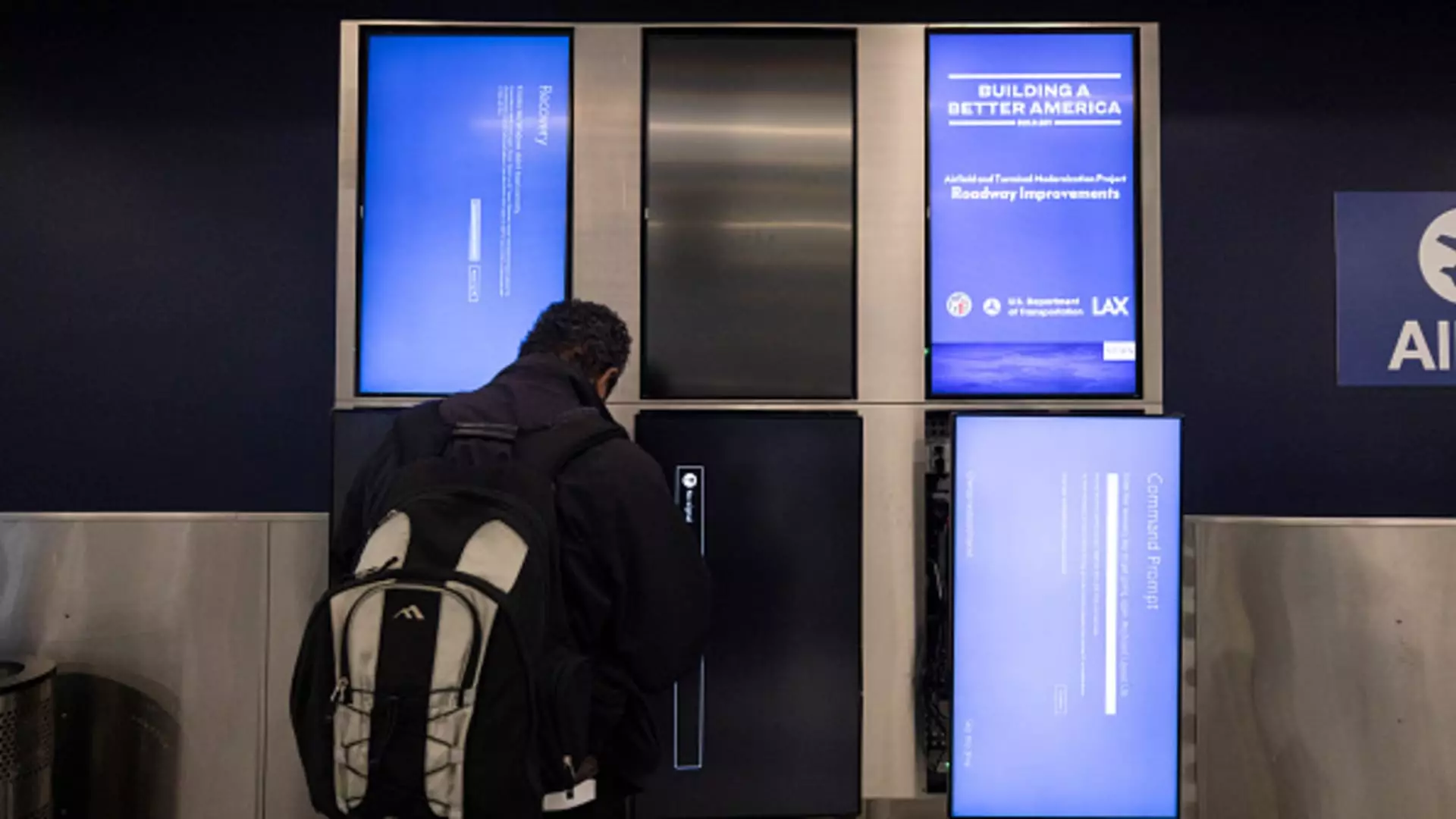In a recent turn of events, Microsoft announced its plans to convene a cybersecurity conference in September with the aim of addressing the aftermath of a faulty software update released by CrowdStrike. This update, released in July, led to the crashing of millions of Windows computers, causing widespread chaos in various sectors of the economy. From airlines canceling flights to hospitals postponing medical appointments, the repercussions of this incident were significant and far-reaching. Notably, Delta Air Lines reported losses of $550 million due to the fallout from the software malfunction and is currently seeking damages from both CrowdStrike and Microsoft.
Rethinking Security Strategies with Industry Experts
Microsoft’s upcoming conference, scheduled for September 10th at its headquarters in Redmond, Washington, will bring together cybersecurity firms, including CrowdStrike, to engage in discussions on how to prevent similar incidents in the future. One of the key topics on the agenda is the exploration of alternative strategies to enhance security measures. Specifically, participants will delve into the idea of transitioning applications from kernel mode to user mode within the Windows operating system. The shift towards user mode, as opposed to kernel mode, aims to create a more isolated environment for applications, thereby minimizing the risk of widespread system crashes in the event of a failure.
As part of the discussions at the conference, industry experts will also explore the adoption of emerging technologies such as eBPF and memory-safe programming languages like Rust. These innovative tools and languages offer the potential to identify and mitigate system vulnerabilities more effectively, reducing the likelihood of crashes and malfunctions. Microsoft’s recent donation of $1 million to the Rust Foundation further underscores its commitment to supporting the development of secure programming languages within the cybersecurity domain.
The discussion on transitioning from kernel mode to user mode within the Windows ecosystem draws parallels to Apple’s approach with macOS. In recent years, Apple has implemented restrictions on kernel access and discouraged the use of kernel extensions by developers. By limiting the privileges associated with kernel mode, Apple has been able to enhance the overall security of its operating system. Microsoft’s consideration of similar measures reflects a broader industry trend towards prioritizing security and stability in software development.
The Future of Cybersecurity Collaboration
Microsoft’s conference on September 10th marks a significant step towards fostering collaboration and knowledge sharing within the cybersecurity community. By bringing together key industry players, including competitors like CrowdStrike, Microsoft is demonstrating a commitment to collective problem-solving and the advancement of cybersecurity practices. As Aidan Marcuss, Microsoft’s Corporate Vice President, stated in a recent blog post, the outcomes of these discussions are likely to shape the future of cybersecurity measures and best practices for years to come.
The recent incident involving the CrowdStrike software update serves as a timely reminder of the critical importance of robust cybersecurity measures in today’s interconnected world. By learning from past mistakes, embracing new technologies, and fostering industry collaboration, organizations can enhance their resilience to cyber threats and safeguard the integrity of their systems. Microsoft’s upcoming conference represents a pivotal opportunity for cybersecurity professionals to come together, share insights, and drive meaningful progress in the ongoing quest for digital security.


Leave a Reply